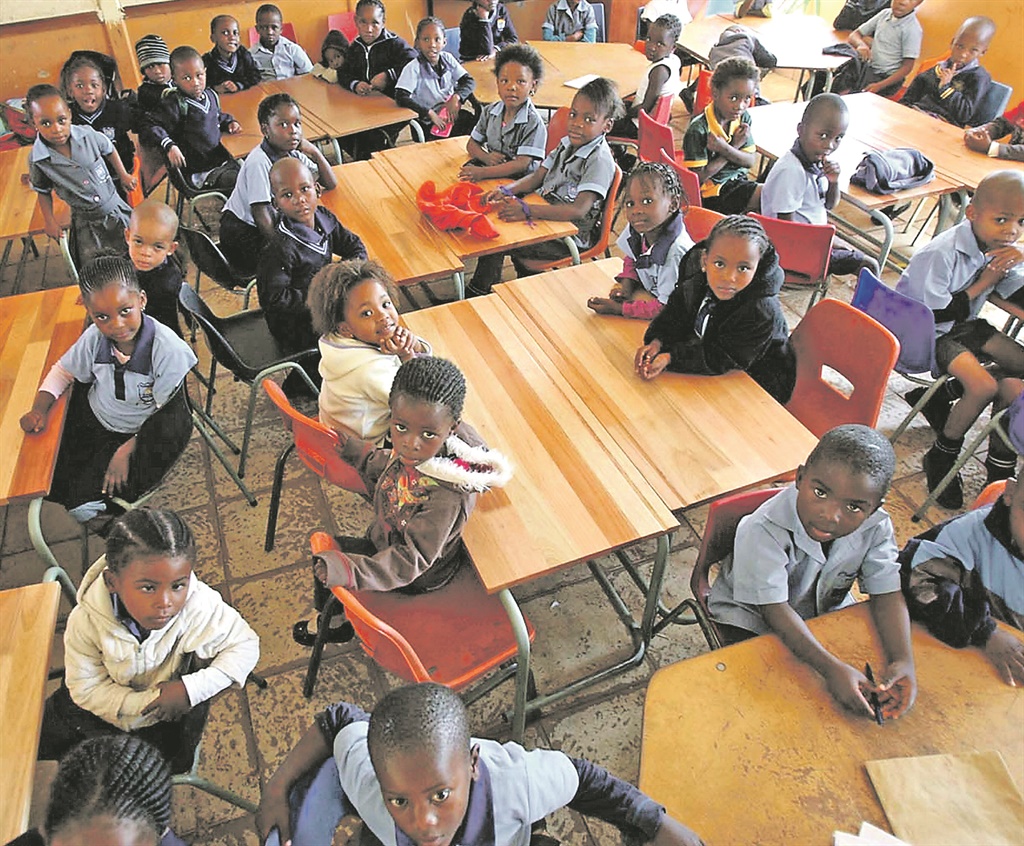
An education system must always be designed for a purpose. Education must not be confused with a recreational activity meant to keep the young ones occupied while their parents are at work or busy with other issues. Education is the nerve centre of any nation and determines its socioeconomic future. It is through education that a country develops the types of skills it requires for the good of the whole population. It is through education that real nationhood is developed, its value system is built and relations with other nations are defined.
The colonial and apartheid government’s education system had as its principal objective the development of skills to build the capacity of a minority, which was to be dominant over the majority. It built a set of values to entrench and enforce supremacist policies and, more importantly, avoid any dependence on external skills for the most important aspects of the life of the country.
In that design process, the education system was structured to realise perfection in the skills base of the minority and to ensure the majority remained an unskilled workforce. This was why the apartheid system – despite major international pressures – managed to develop the economy to what it became while sustaining an unholy political system through structures such as the Broederbond. It built massive education and other social and economic infrastructure for the benefit of the minority it served.
The advent of democracy meant the majority gained access to, among other things, the education system that was designed for apartheid’s purposes. What did not happen, however, was any deliberate redesign of the system to address the needs and challenges of a developmental democratic state.
Access did not mean equality and relevance; it meant a scramble to benefit from an education system designed for a purpose irrelevant to what the new country needed.
As one listens to the latest debates about the state of education and its outcomes, one wonders whether we should expect anything better than what we get. The reality remains that the design of apartheid’s education system continues to exist. In simple terms, nothing much has changed, except purely cosmetic alterations to an otherwise badly designed system.
As the Independent Examination Board announced its 98.3% matric pass rate for 2015 of its 10 200-odd matriculants, the country’s quality-assurance body, Umalusi, announced a significant drop among the 800 000-odd matriculants in the public schooling system.
Some of the reasons given for the cause of the drop would be amusing if they were not so insulting. These included the supposedly higher standard of the question papers, the improved quality of marking and the issue of English being used as the language of instruction for those who do not speak it as their home language.
The number of dropouts and the number of children failing matric is abnormal.
Perhaps the first assumption we must dispel is that we have a quality education system. Surely, if that were the case, we would not have such a high dropout rate and there would not be so many questions about the skills base of those who complete matric, and then battle at university and elsewhere.
Nobody has advocated for a drop in standards. That is an issue that must not even be discussed because it is a threat to the proper development of our country. What is at issue is the nature of the quality we require relative to our needs.
One of the biggest problems is how we assess the education system through the matric pass rate. We seem fixated with mass production, which is a design of an apartheid system whose focus was producing enough hewers of wood and drawers of water.
There is an even more disturbing phenomenon: the powers that be finding the flimsiest of excuses to justify this national calamity. The excuse that children are “progressed” in Grade 11 is another of the ridiculous propositions of our time.
One wonders what evidence the powers that be need to accept that there is evidence of a real problem in our education system. We spend far more than our African counterparts on education, but the quality of our outcomes is far below what much poorer African countries achieve.
It is precisely because we have this situation that a proper redesign of the education system is warranted, instead of scorn and blame being heaped on our children. The quality of education for the previously disadvantaged is not improving. We need to invest more in teacher training and development. We must improve access for pupils with disabilities and learning difficulties.
With a high dropout rate, poor basic education infrastructure, not enough qualified teachers in mathematics, sciences and other gateway subjects, Annual National Assessments that do not serve the purpose for which they were initiated, and so on, the evidence that we need to go back to the drawing board is there for all to see.
These hard facts raise the fundamental question of whether the design of apartheid’s education system must be allowed to continue. It should be logical that a new design will, of necessity, have to tackle the root causes of the problems in our education system, whether related to resourcing, structures, systems, attitudes or culture.
The mere introduction of new curriculum changes will never address the institutionalised problems caused by the faulty design of the system itself.
Fighting for the historically disadvantaged to have access to schools for the historically advantaged does not, and cannot, address the overall design issues.
There is enough evidence to demonstrate that the biggest contributor to youth unemployment, in particular, is not necessarily slow economic growth, but the low skills base of those who complete 12 years of basic education. There cannot be economic development unless we have the requisite skills to make it happen; we cannot have the requisite skills unless we have an education system that can produce those skills; and we cannot have such an education system unless we
design it.
There is also enough evidence to show that the continued pressure on our social security system is the product of a failing education system. The same can be said of our levels of crime.
The last thing we need is for the nation to fixate on pass rates instead of dealing with the quality of the education system we need to advance this otherwise great nation.
As long as we engage in futile debates about the standard of question papers, English as a problem and the hazards of improved marking, while remaining distracted by statistics, we fail to redesign the education system to meet the requirements of a developing, democratic state.
As tough a task as that might prove to be, it is likely to be more cost-effective in the long run.
Mannya practises law and is a former public servant
How can the education system be redesigned?
SMS us on 35697 using the keyword EDUCATION and tell us what you think. Please include your name. SMSes cost R1.50
Tweet us @City_Press
Facebook us at City Press




 Publications
Publications
 Partners
Partners








